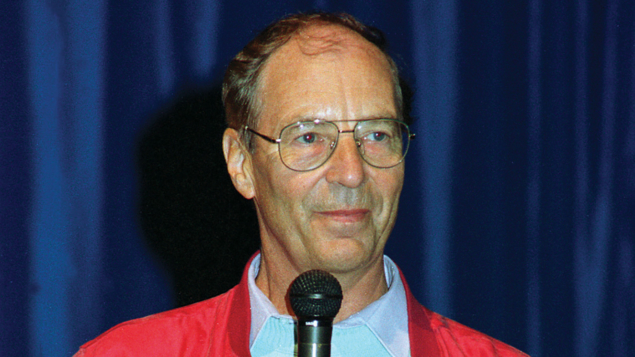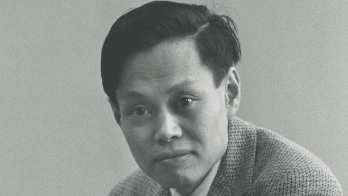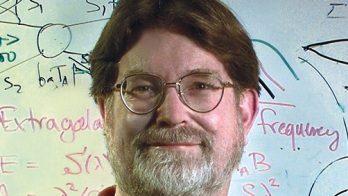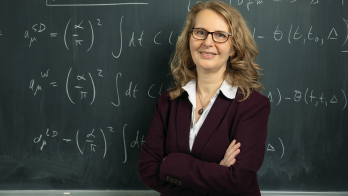
Norwegian experimental particle physicist Egil Sigurd Lillestøl passed away in Valence, France, on 27 September. He will be remembered as a passionate colleague with exceptional communication and teaching skills, and a friend with many personal interests. He was able to explain the most complex systems and mechanisms in physics so that even the layperson felt they understood it.
Egil Lillestøl obtained his PhD from the University of Bergen in 1970. By which time he had already spent three years (1964–1967) as a fellow at CERN. He was appointed associate professor at his alma mater the same year, and then left for Paris in 1973 where he was a guest researcher at Collège de France. In 1984 Lillestøl was appointed full professor in experimental particle physics in Bergen, where he became central in the PLUTO collaboration at DESY, DELPHI and then ATLAS at CERN.
Over time, CERN became Lillestøl’s main laboratory, first as a paid associate, later as a guest professor and eventually as a staff member, contributing to the management of the experimental programme and significantly improving the conditions for the visiting scientists at the laboratory.
In Norway he acted as national coordinator of CERN activities in preparation for the LHC. He was instrumental in the organisation of the community and discussions of future funding models at the national level, in particular to accommodate the long-term commitments needed for the ATLAS and ALICE construction projects.
Egil Lillestøl played a pivotal role in the CERN Schools of Physics from 1992 until 2009, relaunching the European School of High-Energy Physics as annual events organised in collaboration with JINR, and establishing a new biennial series of schools in Latin America from 2001. He worked tirelessly on preparations for each event, in collaboration with local organisers in each host country, as well as on-site during the two-week-long events.
The Latin-American schools were an important element in increasing the involvement of scientists and institutes from the region in the CERN experimental programme, for which he deserves much credit. Beyond his official duties, he took great pleasure in interacting with the participants of the schools during their free time, and in the evenings he could often be found playing piano to accompany their singing.
As a founding member of the International Thorium Energy Committee, Lillestøl was a strong proponent for thorium-based nuclear power. He was also one of the main drivers behind the UNESCO-supported travelling exhibition “Science bringing nations together”, organised jointly by JINR and CERN.
As a teacher and a lecturer, Lillestøl was a role model. He always tailored his presentations to match the audience. His tabletop book The Search for Infinity, co-authored with Gordon Fraser and Inge Sellevåg, became a bestseller and has been published in nine language editions.
Egil Lillestøl was a bon viveur who spread joy around him. He had an impressive repertoire of anecdotes, including topics such as how to cold-smoke salmon. He enjoyed sports and was active in the CERN clubs for cycling, skiing and sailing. He leaves behind his wife and former colleague, Danielle, and two adult children from his first marriage.








